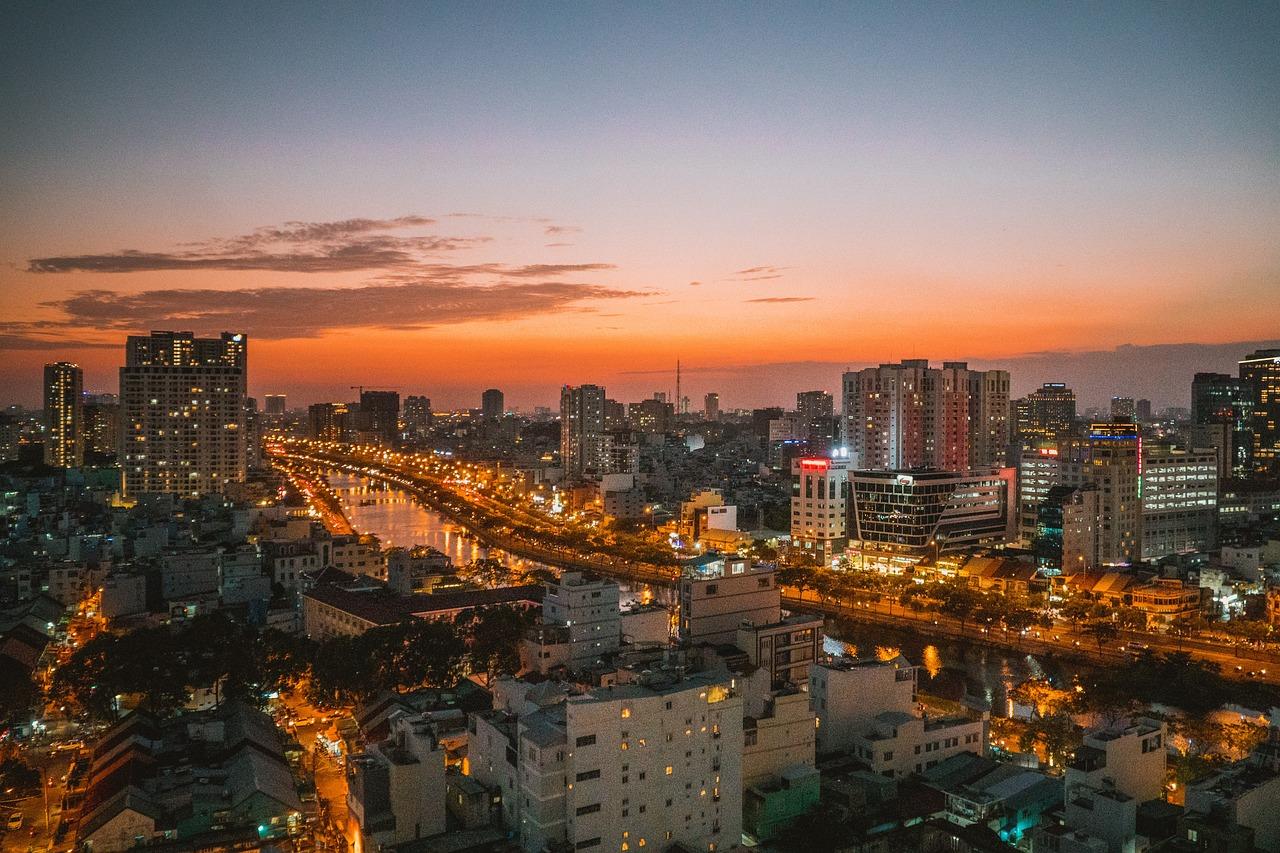[Discover Vietnam Tech] Dynamic regulatory environment and its impact on startups

Editor’s note: Discover Vietnam Tech is a new series where we dive deep into the vibrant and rapidly growing tech and innovation ecosystem of Vietnam. In this collection of interviews and editorials, we will spotlight key players—entrepreneurs, innovators, and thought leaders—who are driving the country’s emergence as a global tech hub.
Through candid conversations with industry leaders, we aim to explore the opportunities, challenges, and breakthroughs shaping Vietnam’s tech landscape. From emerging technologies like AI and blockchain to the nation’s efforts to nurture homegrown talent and innovation, Discover Vietnam Tech will give you exclusive insights into how Vietnam is positioning itself at the forefront of the global technology scene.
Stay tuned as we highlight the voices and visions of those at the heart of Vietnam’s tech revolution, offering a unique window into the country’s potential as a leader in innovation and digital transformation.
Vietnam is fostering a more open environment for startups, creating many opportunities for innovation and growth. However, the reality is that there are still challenges that need to be addressed. The legal framework for innovation is still developing—it’s not yet complete and sometimes there are overlapping regulations that can make navigating compliance tricky.
That said, based on our experience at Genetica, we have found that government agencies are generally open and willing to help with these challenges, as long as the operations align with the existing legal framework. The authorities are supportive and show a readiness to resolve bottlenecks for businesses like ours, which is incredibly encouraging for startups operating in a rapidly evolving space. Being in a developing regulatory environment is both an opportunity and a challenge. It really depends on the stage of growth and the adaptability of the business to navigate these complexities.
For example, data privacy and security regulations have had a significant impact on us. Vietnam’s Law on Cybersecurity requires sensitive data, like the genetic data we handle, to be stored locally. While this adds operational complexity, the government’s focus on data security is a positive sign of its commitment to protecting users, and it has allowed us to stay ahead of the curve in terms of compliance. Additionally, we’ve had to ensure that our systems meet both local and international standards, especially given that 87 percent of tech companies in Vietnam report concerns over regulatory uncertainties in data compliance (Navigos Group, 2023).
In terms of blockchain technology, which we use extensively at LIFE AI for securing genomic data, the regulatory environment is still in its early stages. Vietnam ranks first globally in cryptocurrency adoption (Chainalysis, 2023), yet there is no clear legal framework governing this space. The lack of specific regulations gives us the flexibility to innovate, but it also requires us to be cautious, ensuring we comply with broader laws while preparing for future developments in blockchain governance. It’s a double-edged sword, where the ambiguity presents both risks and room for innovation.
When it comes to investment and funding, Vietnam has made great progress in attracting foreign direct investment (FDI), which reached $27.72 billion in 2022 (Vietnam General Statistics Office, 2023). However, the administrative processes can sometimes be cumbersome, especially for fast-growing tech companies that need quick access to international capital. This is an area where the government is working to streamline procedures, but the bureaucratic hurdles still exist, particularly in intellectual property registration.
The fact that Genetica has been in Vietnam for over five years, and continues to grow, is in itself a clear testament to the country’s improving regulatory landscape. We’ve navigated these challenges and have continued to thrive, which shows that while the environment is not without its difficulties, it is certainly possible to succeed with the right approach. Being part of a developing ecosystem requires agility and persistence, but it also offers immense potential for growth, especially for businesses that can adapt quickly.
In conclusion, while there are challenges in Vietnam’s regulatory environment—such as overlapping regulations and uncertainties in emerging technologies—the overall trend is positive. The government’s commitment to supporting startups and open dialogue with the private sector creates a favorable foundation for businesses like ours to succeed.

As the co-founder and CEO of–or the brain behind–LIFE AI, Dr. Tuan Cao leads the biotech company with a pioneering vision: empowering billions to own, use, and benefit from their genetic data. His career prior to LIFE AI includes roles as a Principal Research Scientist at Datometry and a senior position at Google, where he led the overhaul of the Google Adwords reporting engine. Dr. Cao’s academic credentials include a PhD in Computer Science from Cornell University, over ten peer-reviewed scientific publications, and three patents. Beyond his professional life, he is an avid long-distance runner and endurance cyclist, passions that inform his drive and endurance in the biotech sphere.
This contribution was originally published as part of a TNGlobal Q&A with Dr. Tuan Cao as part of Discover Vietnam Tech series. Read the full interview here.
TNGlobal INSIDER publishes contributions relevant to entrepreneurship and innovation. You may submit your own original or published contributions subject to editorial discretion.
#VietnamTech #Innovation #Startups #DigitalTransformation #Ifvex
- Art
- Causes
- Crafts
- Dance
- Drinks
- Film
- Fitness
- Food
- Spellen
- Gardening
- Health
- Home
- Literature
- Music
- Networking
- Other
- Party
- Religion
- Shopping
- Sports
- Theater
- Wellness


